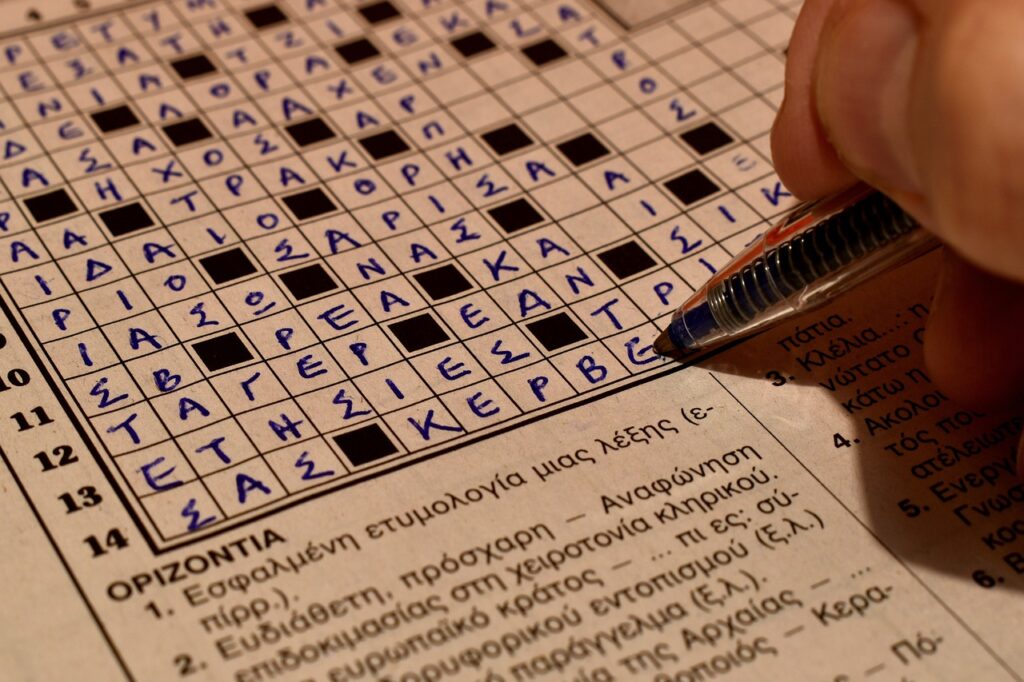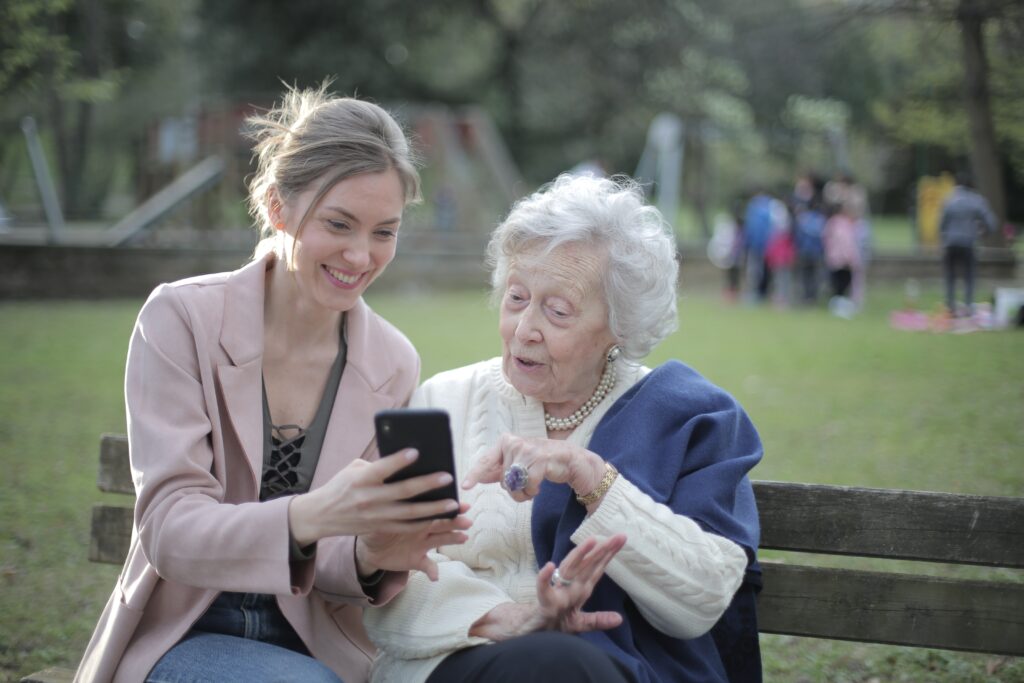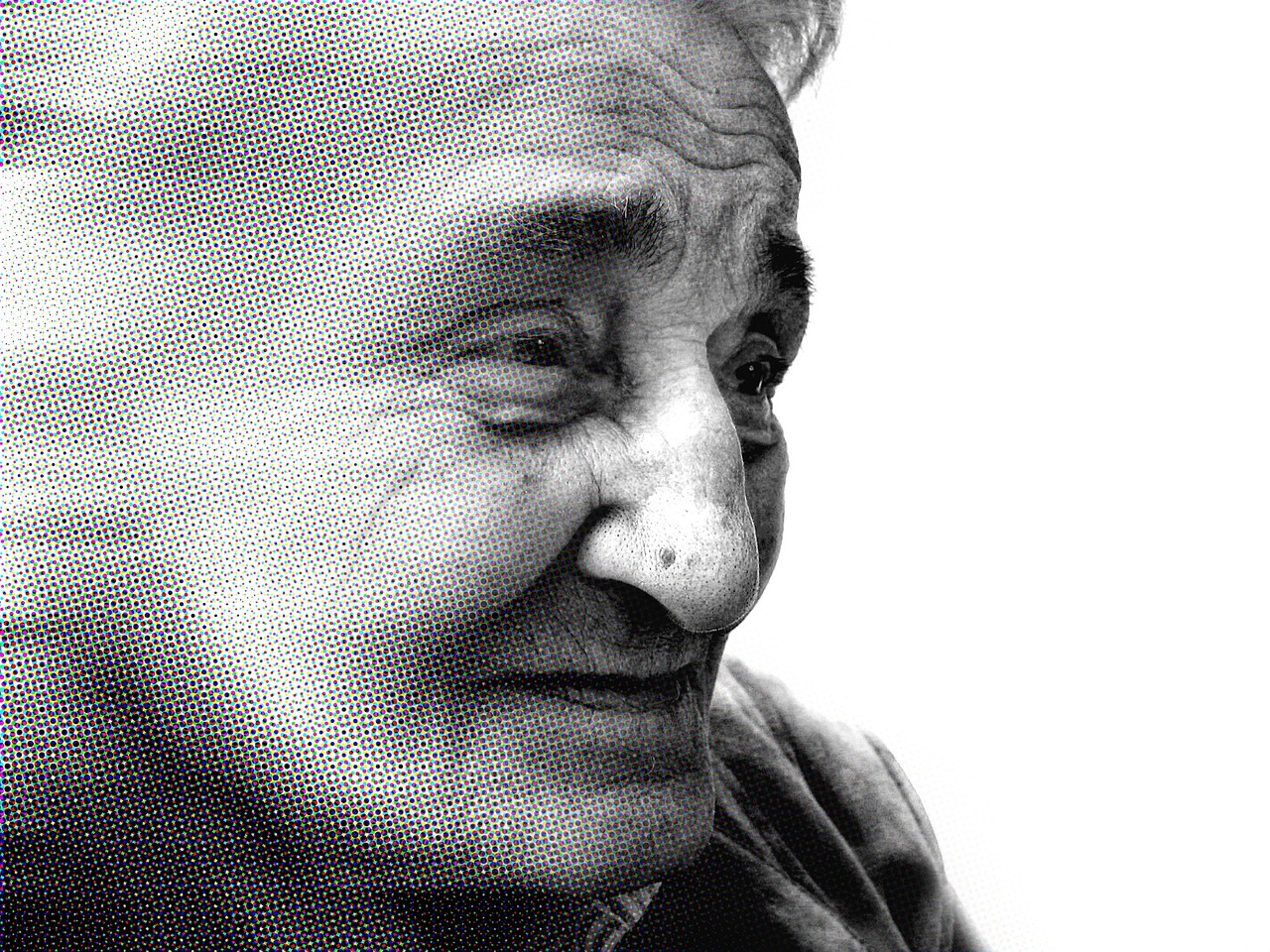Managing Age-Related Forgetfulness in Seniors: Strategies and Insights
Contents
- 1 Managing Age-Related Forgetfulness in Seniors: Strategies and Insights
- 1.1 Introduction
- 1.2 1. Understanding Age-Related Forgetfulness
- 1.3 2. Differentiating Normal Forgetfulness from Concerning Signs
- 1.4 3. The Role of Lifestyle Factors
- 1.5 4. Importance of Social Engagement
- 1.6 5. Cognitive Training and Brain Exercises
- 1.7 6. Sleep and Memory
- 1.8 7. Stress Management
- 1.9 8. Medication Management
- 1.10 9. Seeking Professional Help
- 1.11 10. Creating Memory Aids
- 1.12 11. Embracing a Positive Attitude
- 1.13 12. The Power of Routine
- 1.14 13. Family and Caregiver Support
- 1.15 14. Incorporating Brain-Boosting Foods
- 1.16 15. Staying Hydrated
- 1.17 Frequently Asked Questions
- 1.17.1 FAQ 1: Is age-related forgetfulness a sign of dementia?
- 1.17.2 FAQ 2: Can social activities really improve memory?
- 1.17.3 FAQ 3: Are there natural remedies for managing forgetfulness?
- 1.17.4 FAQ 4: How can family members help seniors with forgetfulness?
- 1.17.5 FAQ 5: When should I seek medical help for forgetfulness?
- 1.17.6 FAQ 6: Can medication contribute to memory issues?
- 1.18
- 1.19 Conclusion
Read DISCLAIMER
Discover expert advice on managing age-related forgetfulness in seniors. Explore strategies, insights, and cognitive exercises to promote cognitive well-being, enhance memory, and maintain a vibrant life.

Introduction
As we age, it’s common for individuals to experience forgetfulness from time to time. However, when forgetfulness starts to impact daily life and routine tasks, it can be concerning. This article delves into the topic of managing age-related forgetfulness in seniors. We’ll explore effective strategies, helpful insights, and expert advice to promote cognitive well-being and maintain a fulfilling life.
1. Understanding Age-Related Forgetfulness
Age-related forgetfulness is a natural part of the aging process. It’s characterized by occasional memory lapses, such as forgetting names or misplacing items. This is different from cognitive disorders like dementia or Alzheimer’s disease, which involve more severe memory impairment.
2. Differentiating Normal Forgetfulness from Concerning Signs
Distinguishing between normal forgetfulness and signs of cognitive decline is crucial. Experts recommend paying attention to patterns of forgetfulness and seeking medical advice if there’s a noticeable decline in cognitive abilities.

3. The Role of Lifestyle Factors
Engaging in a healthy lifestyle can significantly impact memory function. Regular exercise, a balanced diet rich in antioxidants, and staying mentally active through hobbies and puzzles can contribute to cognitive vitality.
4. Importance of Social Engagement
Social interaction plays a vital role in memory retention. Seniors who maintain social connections are more likely to have better cognitive function. Joining clubs, volunteering, and spending time with loved ones can help combat forgetfulness.

5. Cognitive Training and Brain Exercises
Engaging in cognitive training exercises can improve memory and cognitive function. Crossword puzzles, memory games, and learning new skills stimulate the brain and promote neural plasticity.
6. Sleep and Memory
Adequate sleep is essential for memory consolidation. Seniors should aim for quality sleep to support optimal cognitive function.
7. Stress Management
Chronic stress can negatively impact memory. Practicing relaxation techniques like meditation, deep breathing, and yoga can help manage stress and enhance cognitive resilience.

8. Medication Management
Some medications can affect memory and cognitive function. Seniors should review their medications with a healthcare provider to ensure they’re not contributing to forgetfulness.
9. Seeking Professional Help
If age-related forgetfulness becomes concerning, seeking guidance from a healthcare professional is crucial. Early intervention can help address underlying causes and provide appropriate support.

10. Creating Memory Aids
Using memory aids such as calendars, notes, and smartphone apps can help seniors stay organized and remember important tasks.
11. Embracing a Positive Attitude
Maintaining a positive outlook can impact cognitive health. Seniors who engage in activities they enjoy and focus on the present moment tend to have better memory retention.
12. The Power of Routine
Establishing a daily routine can help seniors manage forgetfulness. Consistency and structure can make it easier to remember tasks and appointments.

13. Family and Caregiver Support
Family members and caregivers play a significant role in supporting seniors with forgetfulness. Open communication and understanding are essential in providing effective assistance.
14. Incorporating Brain-Boosting Foods
Certain foods are known for their cognitive benefits. Foods abundant in omega-3 fatty acids, antioxidants, and vitamins can contribute to the well-being of your brain.
15. Staying Hydrated
Dehydration can impair cognitive function. Seniors should stay hydrated throughout the day to ensure optimal brain performance.
Frequently Asked Questions
No, age-related forgetfulness is a normal part of aging and is generally not indicative of dementia. However, if forgetfulness becomes severe and impacts daily life, it’s advisable to consult a healthcare professional.
Yes, social engagement has been linked to better cognitive function. Interacting with others and participating in social activities can stimulate the brain and contribute to improved memory retention.
FAQ 3: Are there natural remedies for managing forgetfulness?
While there’s no guaranteed natural remedy, adopting a healthy lifestyle, engaging in cognitive exercises, managing stress, and staying socially active can all contribute to better memory function.
FAQ 4: How can family members help seniors with forgetfulness?
Family members can offer support by maintaining open communication, assisting with memory aids, participating in memory-boosting activities, and providing a supportive environment.
FAQ 5: When should I seek medical help for forgetfulness?
If forgetfulness becomes a consistent pattern and interferes with daily tasks, it’s advisable to seek guidance from a healthcare professional. They can help determine if there’s an underlying cause and recommend appropriate interventions.
FAQ 6: Can medication contribute to memory issues?
Certain medications may have cognitive side effects. It’s important to review medications with a healthcare provider to ensure they’re not exacerbating forgetfulness.
Conclusion
Managing age-related forgetfulness in seniors requires a holistic approach that encompasses lifestyle adjustments, cognitive exercises, social engagement, and a supportive environment. By adopting these strategies and seeking professional guidance when needed, seniors can navigate forgetfulness while maintaining cognitive well-being and enjoying a fulfilling life.
